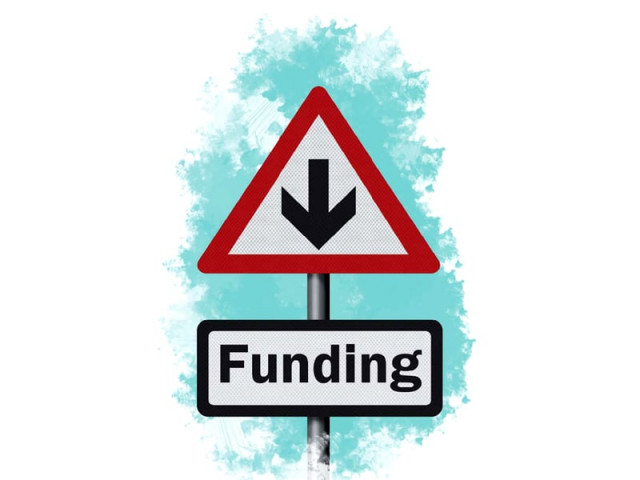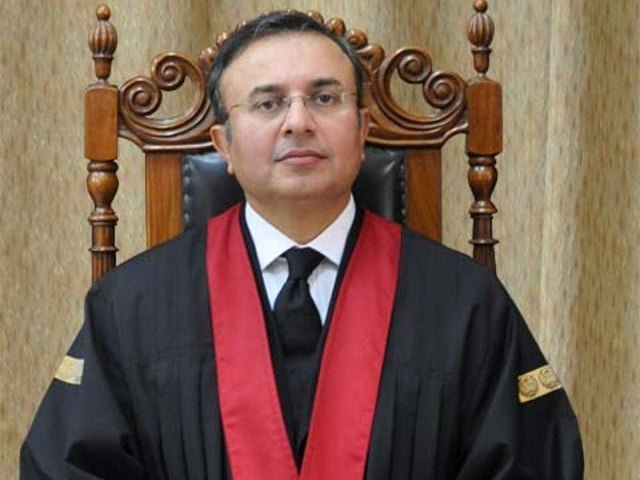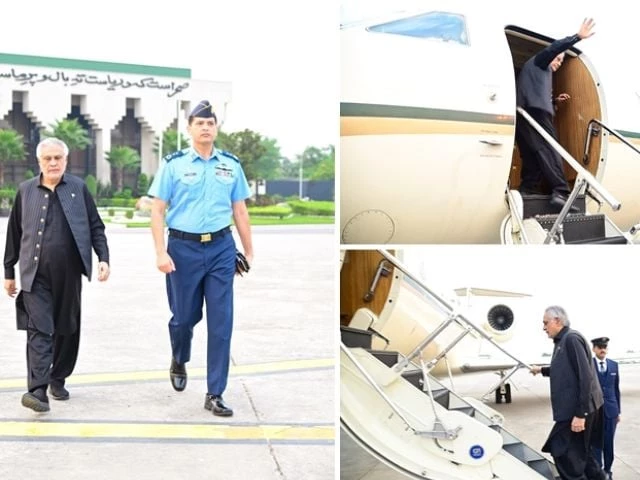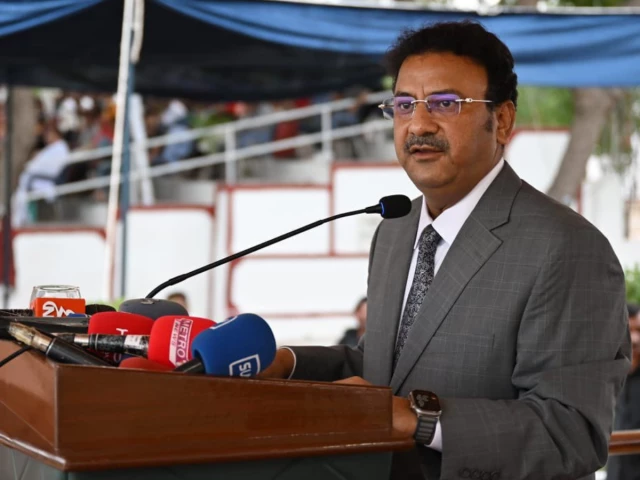Adapting to Change: The Resilience of Pakistan’s Social Sector
In January, the Trump administration made headlines by pausing all foreign assistance under the "America First" policy. For Pakistan, this meant an abrupt end to funds from the US Agency for International Development (USAID), which delivered a significant blow to numerous social sector projects. Many organizations were forced to scale back operations, lay off staff, or even shut down crucial initiatives aimed at health, education, and community welfare.
However, amid these challenges, the resilience of Pakistan’s development sector has become evident. Experts like Naseer Memon highlight that local NGOs have a long-standing history of adaptation. With deep roots in various communities and a strategic focus on diversifying funding sources, these organizations are less reliant on any single donor. The reliance on support from the Pakistani diaspora and government funding has played a crucial role in keeping projects afloat.
For instance, the Sindh Rural Support Organization (SRSO), which lost significant USAID funding, quickly adapted by restructuring its operations. Mohammad Dittal Kalhoro, SRSO’s head, reported that despite laying off staff, they managed to re-employ nearly 90% of them within months. By using a multi-sectoral approach and tapping into new funding sources, NGOs are finding ways to innovate and keep their essential services running.
Interestingly, the diaspora has stepped up in a big way. With over 8 million Pakistanis living abroad and sending home more than $30 billion in remittances each year, these funds are critical. Initiatives like eye hospitals and educational projects are being funded by overseas Pakistanis, showcasing the strong connection they maintain with their homeland. Organizations like The Citizens Foundation have recorded a significant increase in support from the diaspora, jumping from 30% to around 42% of their funding.
As the situation evolves, it’s clear that local NGOs are not merely surviving; they are restructuring and thriving against the odds. With international aid declining and global trends altering, the future may be uncertain, but the spirit of resilience among Pakistan’s social sector remains unbroken.
If you’re interested in learning more about the contributions of the Pakistani diaspora and local NGOs, consider following resources like Pro21st, where you can find updated information and connect with like-minded individuals.
At Pro21st, we believe in sharing updates that matter.
Stay connected for more real conversations, fresh insights, and 21st-century perspectives.





